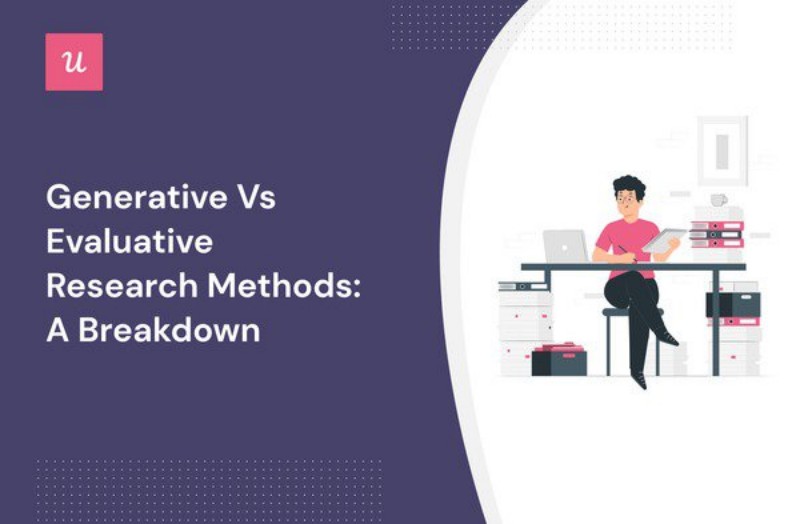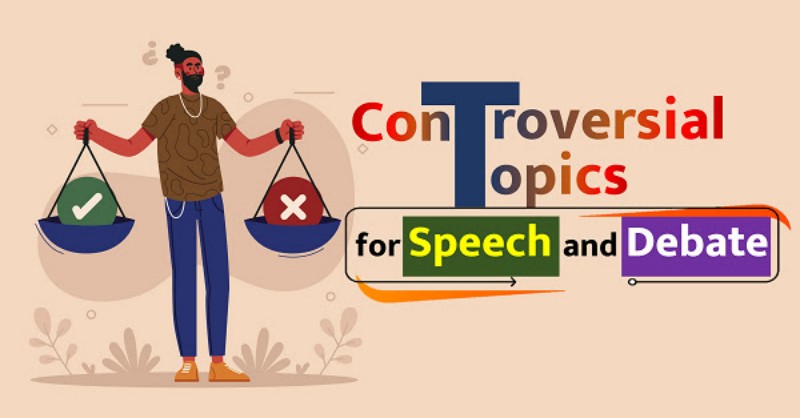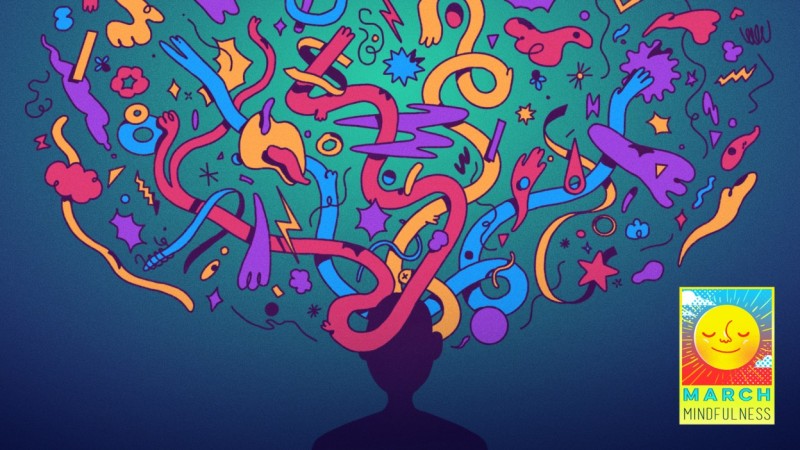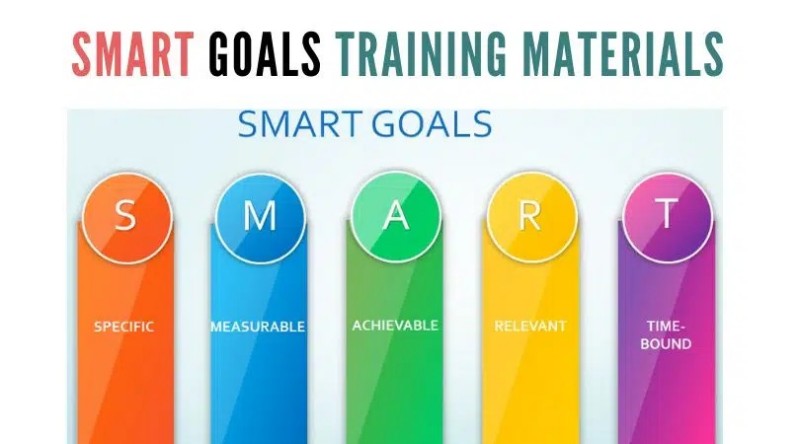Current location:Home > Expert Hub > Industry Reports > Text
Time:2025-06-22 Source:Mind Body FuelAuthor:Click:6
When it comes to mental health, technology has proven to be a game-changer. Mental health apps have emerged as valuable tools, helping individuals manage their mental health with ease. However, one topic that often raises concern is these apps’ data retention policies. Understanding these policies is crucial for anyone using these apps to manage their wellness, beauty, health, or weight management goals.
A mental health app’s data retention policy refers to how the app collects, uses, shares, and retains user data. The policy typically covers personal information, health data, and usage data. As users, it’s essential to understand these policies to safeguard our privacy and ensure our sensitive information is handled responsibly.
According to a 2024 study by the Cyber Security and Privacy Research Institute, most mental health apps collect an extensive amount of user data. This data helps the apps tailor their features to individual users, improving their effectiveness. However, the same study found that many users were unaware of the extent of the data collected and how long it was retained.
So, how long do mental health apps retain your data? The duration varies significantly from one app to another. Some apps may keep the data for a short period, say a month or two, to analyze usage patterns and improve their services. Others might retain the data indefinitely for ongoing research or development purposes.
It’s vital to know that a longer data retention period isn’t necessarily a bad thing. For example, an app designed to help users track their mood or mental health symptoms over time might need to retain data for a longer period. This allows the app to provide more accurate and personalized insights.
On the other hand, it’s equally important to know whether the app shares your data and, if so, with whom. Some apps might share anonymized data with researchers or third-party services. Others might sell data to marketing companies. Always check the app’s privacy policy for these details.
Here are some actionable steps you can take to ensure your data is safe and secure:
1. Read the app’s privacy policy: This might seem tedious, but it’s the best way to understand what data the app collects and how it’s used.
2. Limit the data you share: Share only the necessary information. If a mental health app asks for details that don’t seem relevant to its services, it’s worth questioning why.
3. Use reliable apps: Choose apps that have a solid reputation for data privacy and security. Look for apps that encrypt your data, both in transit and at rest.
4. Regularly update the app: App updates often include security improvements, so it’s important to keep your app up to date.
To conclude, while mental health apps can be beneficial, it’s crucial to understand their data retention policies. Remember, your mental health is important, and so is your privacy. Stay informed, and don’t hesitate to ask questions about your data and how it’s used. It’s your right.

Boosting Gut Health: The Corn Connection Explored

Unlock Better Health with Blue Light Blocking Glasses

Sustainable Baby Products: A Healthy Choice for Your Child and the Planet

Pelvic Floor Therapist: Your Solution to Enhanced Wellness and Health

Unraveling the Beauty and Health Benefits of Watermelon Citrulline: A Research Perspective

Understanding Mental Health App Data Retention Policies: A Crucial Guide

Recovery Boots Showdown: Normatec vs Rapid Reboot

Unlocking Wellness: Discover the Best Iodine Supplement for Thyroid Health

Esports Fitness Integration: A New Era of Wellness and Competitive Gaming

Telehealth: Mapping the Future of Healthcare Services
 Boosting Gut Health: The Corn Connection Explored
Boosting Gut Health: The Corn Connection Explored
 Understanding Mental Health App Data Retention Policies: A Crucial Guide
Understanding Mental Health App Data Retention Policies: A Crucial Guide
 Recovery Boots Showdown: Normatec vs Rapid Reboot
Recovery Boots Showdown: Normatec vs Rapid Reboot
 Special Needs Planning: A Holistic Approach to Health and Wellness
Special Needs Planning: A Holistic Approach to Health and Wellness






Copyright @ 2025 Mind & Body Fuel Email:xya0876@gmail.com No:26148
Statement: The articles on this website are all from the Internet and do not represent any views. Before making any health decisions, you must consult your doctor.